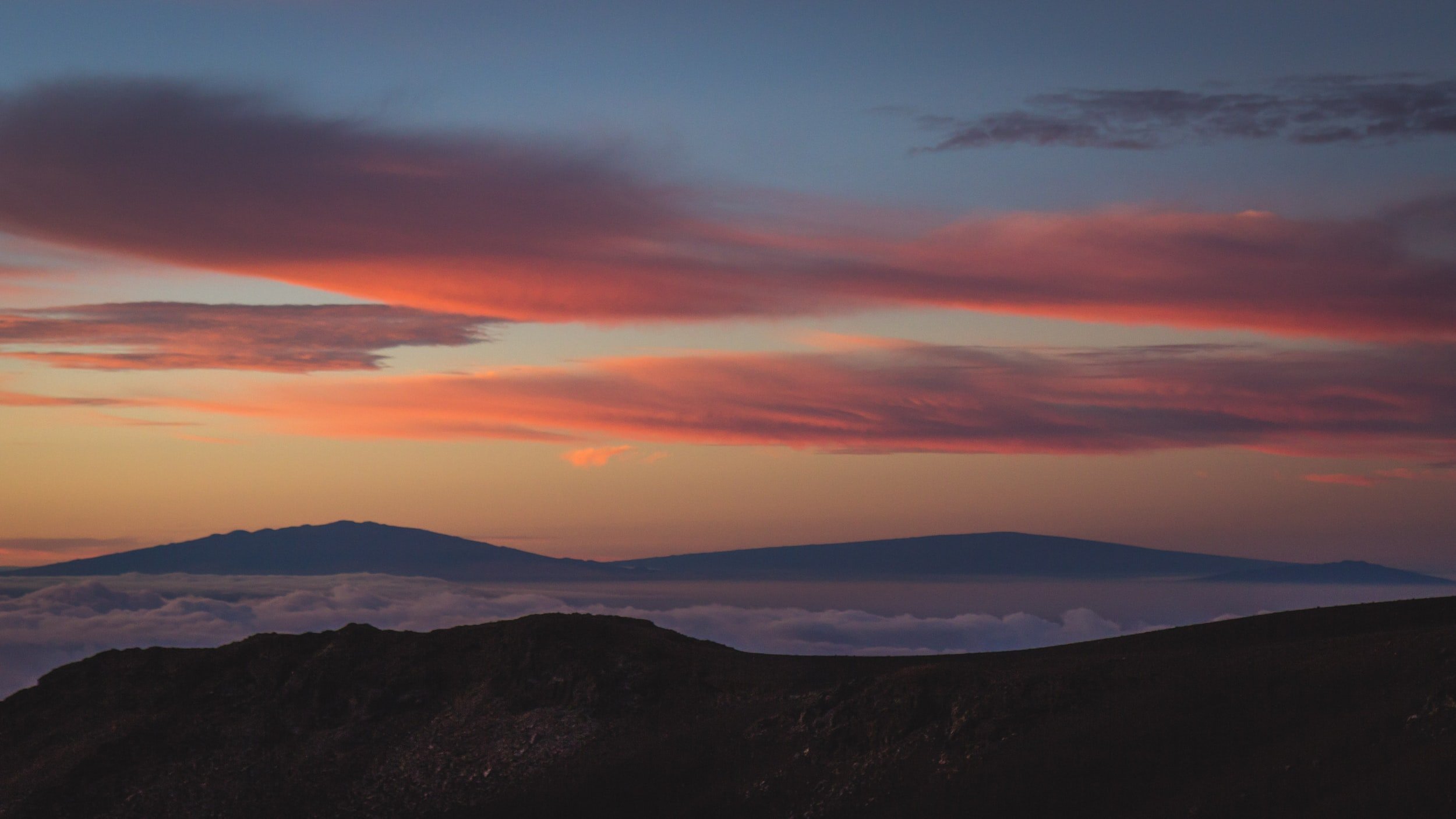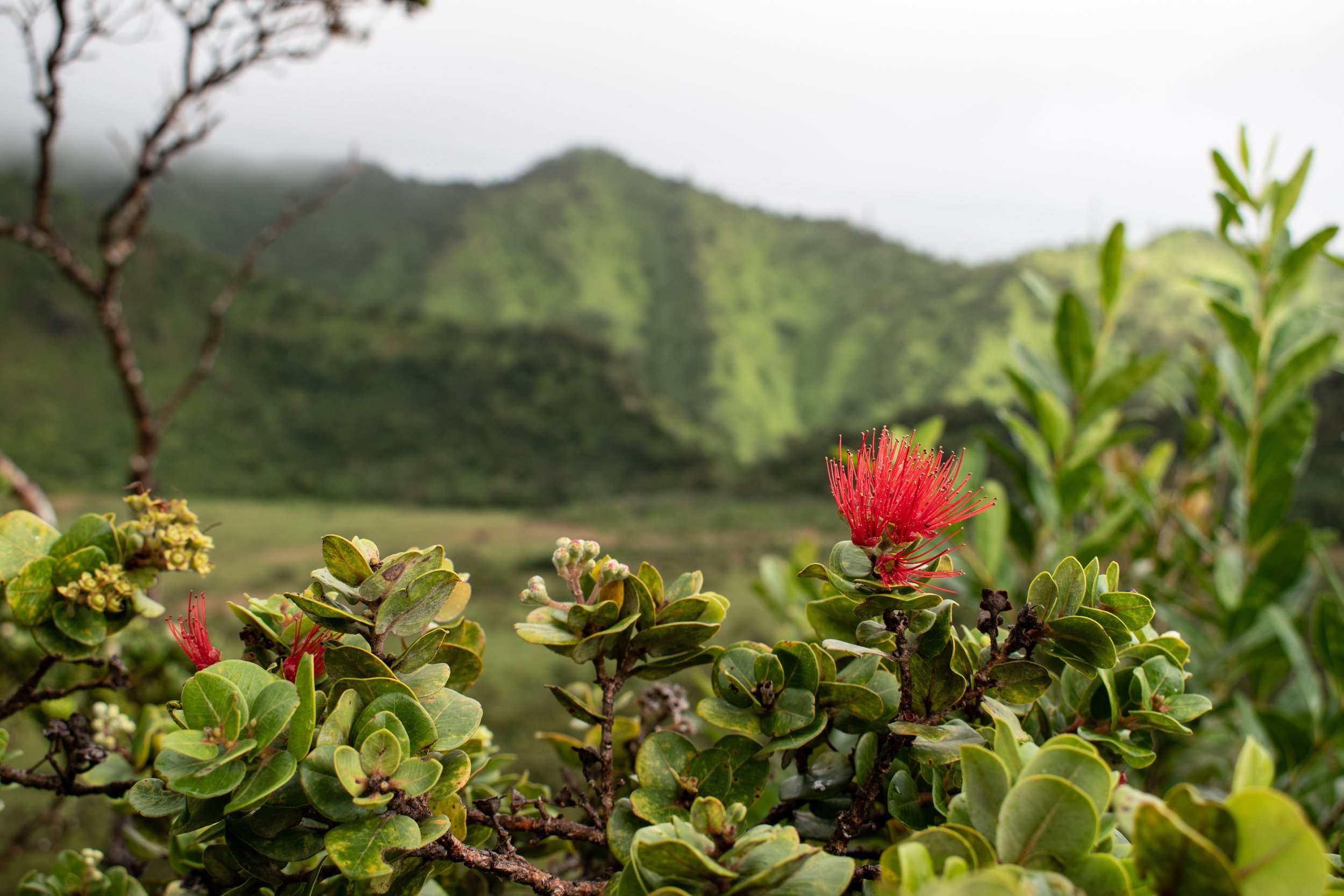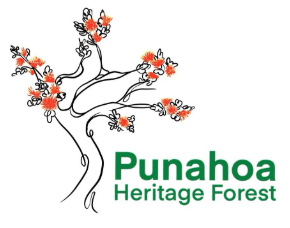
A Future Where People and Nature Thrive
In 1993, the Pūʻā Foundation was granted land stewardship to a 1,300 acre parcel of Hawai’i Island land, returned by the church as partial reparation for their part in the 1893 illegal overthrow of the Hawaiian monarchy.
In 2022, we launched our place-based strategic initiative: the Punahoa Heritage Forest.
Within this initiative, we want to showcase Hawaiian culture and environment. But the “idea” is bigger than “place”. Our long-term goal is for the Punahoa Heritage Forest to be a place of Hawaiian cultural and environmental best practices that captures the hearts and minds of all people in Hawaiʻi. More than that we want to showcase our heritage globally, to engage understanding in others for what it means to be Hawaiian.
A Bold Vision
For a forest of world-renown that enables Hawaiians to know, care and connect with their heritage.
Vision Strategy Map
A Clear Mission
To preserve and protect the natural state of the forest. To help it flourish as a place of gathering, rejuvenation and cultural expression for all Hawaiians and for those who embrace Hawaiian culture.
Mission Strategy Map
Mission Narrative
We envision three major phases: Forest, People and Connect.
Each phase leads into the next phase, building from strength to strength. It’s imperative that we address the Forest first so it is an environmentally healthy and sustaining place for the People to be welcomed and engaged in cultural practices.
Ultimately, we believe that the Punahoa Heritage Forest can be a showcase to the rest of the world. This is when we Connect. Especially to other indigenous cultures around the world looking to reclaim or sustain their own land, language and cultural heritage.
Our Values
1. Mālama ʻĀina (care the land)
2. Mālama Kānaka (care for the people)
3. Mālama Honua (care for the earth)
4. Mālama i ke kai (care for the sea)
5. Mālama i ka wai (care for the water)
6. Haʻahaʻa - humility
7. Aloha - love and much more
Punahoa Heritage Forest Management Plan
The Forest Stewardship Advisory Committee reviews and recommends for approval all project proposals and management plans for the Forest Stewardship Program at their quarterly meetings.
Our plan was approved in January 2025 by the Forest Stewardship Advisory Council.
There are eight key strategies in two main focus areas:
Weed Control (WC)
Vector Sweep and Treatment
Project Installation Sweep and Treatment (incorporated with Maintenance but funded within WC if budget allows)
Sweep and Treatment of larger Forest Management Units
Guava Biocontrol & Cultural Practices (lomi & kala ʻau sticks)
Restoration
Practitioner Trail Native/Cultural Establishment and Plant
Post Herbicide Treatment Planting Native/Cultural as needed
Restore Key Native Forest Species across broader forest as needed
Remove Ungulates
Partition into Five Management Units
1. Makai Unit - 230 acres (Parcel 12)
2. Kipuka Unit - 660 acres
3. Mauka ʻEkahi Unit - 258 acres
4. Mauka ʻElua Unit - 498 acres
5. Mauka ʻEkolu Unit - 567 acres


